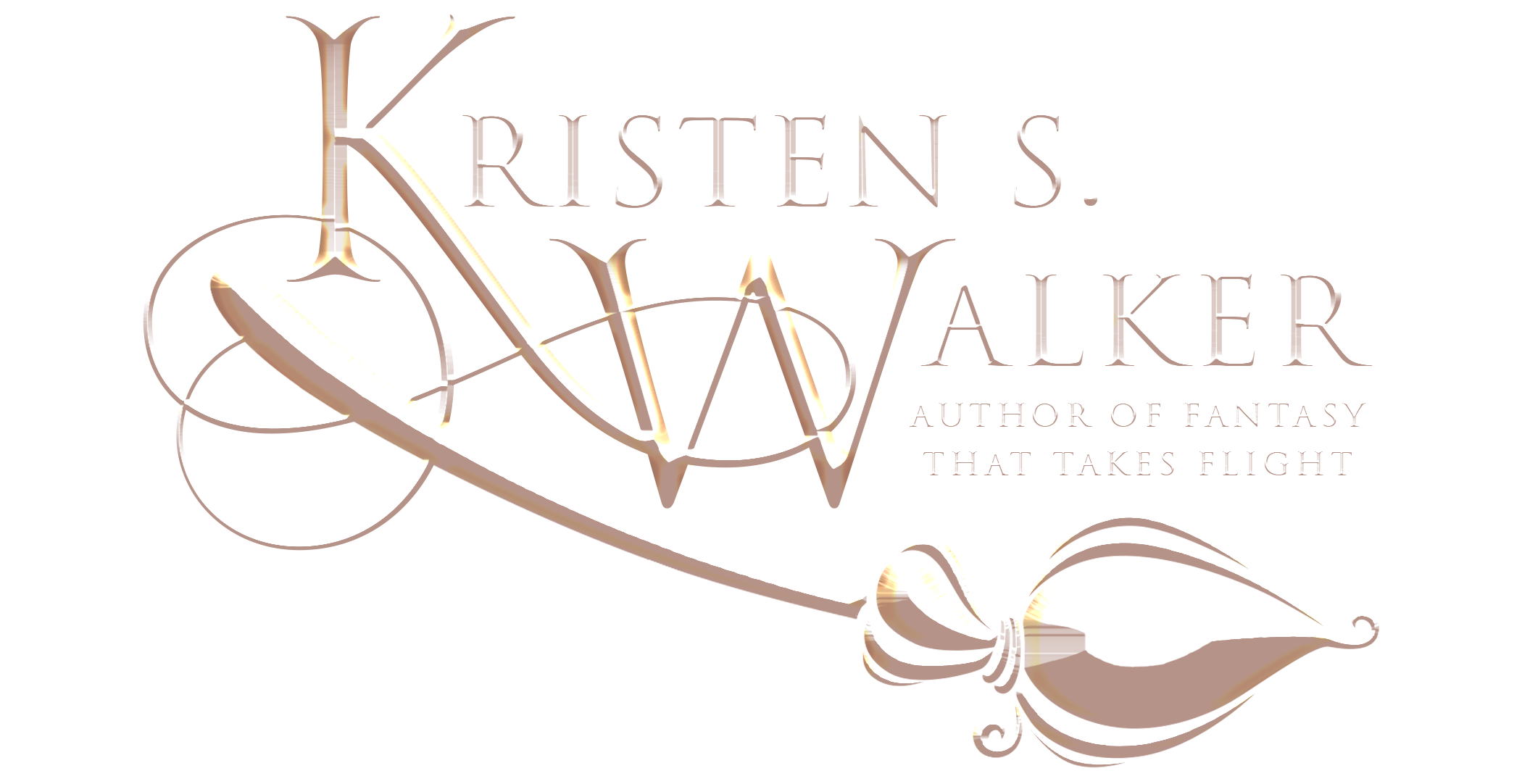Using Critiques Effectively
Receiving critiques and knowing what to do with them is hard. As a writer, you need to get people to read your stories and give you a perspective other than your own. Fresh eyes can tell you so much about a story: is the picture in your head actually coming through on the page? Have you left out important pieces, needlessly repeated yourself, or gone off on a tangent that just doesn’t make sense? A reader can tell you all of this and give you suggestions for improving your work that you may never be able to think of on your own. People who are willing to read your work-in-progress and give you feedback about it are an invaluable resource, whether you pay them or they volunteer their time.
But how do you decide what to do with those critiques once you’ve received them? That is the challenge. Sometimes people may not understand your work, or it’s not really their type of story, or they may have suggestions that you just don’t agree with. This is complicated when you are getting feedback from multiple people, who can often contradict one another. “More description!” says one person. “The prose drones on without any plot!” says another. How do you maneuver through the myriad responses and try to find the elements that will actually help you improve your writing?
